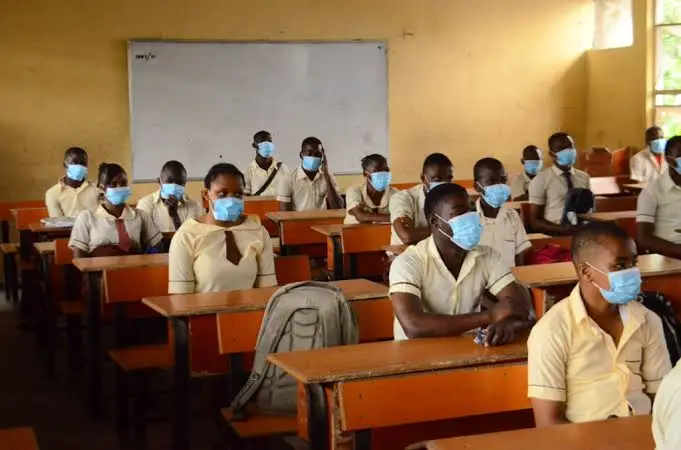
FG to Scrap JSS, SSS and Introduce 12-Year Basic School System Amid Pressing Issues

The Federal Government of Nigeria has announced plans to abolish the Junior Secondary School (JSS) and Senior Secondary School (SSS) structure and replace it with a 12-year uninterrupted basic education system.
The Minister of Education, Dr Tunji Alausa, disclosed this on Thursday at the 2025 extraordinary National Council on Education (NCE) meeting in Abuja. He said the reform aligns with global best practices and aims to reduce dropout rates by removing financial and systemic barriers. The NCE meeting was attended by education commissioners from all 36 states, Federal Capital Territory representatives, and other stakeholders.
Under the proposed model, pupils will complete 12 years of basic education before progressing to higher institutions, replacing the current 6-3-3-4 system with a 12-4 structure. The government is also seeking approval to set 16 years as the minimum age for entry into tertiary institutions.
Alausa claimed that the reform would ensure a standardised curriculum nationwide, introduce early vocational and entrepreneurial training, and enhance Nigeria’s global competitiveness.
Many developed nations have implemented similar systems where basic education spans 12 years, ensuring pupils acquire foundational knowledge before specialising at tertiary levels,” he said.
The government plans to implement the new policy through infrastructure expansion, teacher recruitment, curriculum enhancement, and strategic funding. However, critics argue that the move distracts from more pressing issues in the education sector. Many schools nationwide suffer from inadequate infrastructure, teacher shortages, poor funding, and frequent strikes. Millions of out-of-school children remain a significant concern, and the quality of education continues to decline. With these unresolved challenges, a structural overhaul is not the most urgent reform needed.
Read More:
- FG Renames UniAbuja as Yakubu Gowon University, Replaces Governing Councils of Federal Universities
- Senegal Govt Announces Compensation for Victims of Political Violence Under Former President Macky Sall
About The Author
Related Articles
Ghana to Rename Kotoka International Airport
Ghana’s government is preparing to rename the country’s main international gateway, Kotoka...
ByWest Africa WeeklyFebruary 4, 2026Russia Congratulates Ibrahim Traoré on Assuming AES Presidency
Russia has congratulated Burkina Faso’s President, Captain Ibrahim Traoré, on his assumption...
ByWest Africa WeeklyFebruary 4, 2026AES Condemns Niamey Airport Attack, Warns of Coordinated Destabilisation
The Alliance of Sahel States has strongly condemned the armed attack on...
ByWest Africa WeeklyFebruary 2, 2026Mali Cedes Strategic Land to Guinea to Deepen Trade Cooperation
Mali has approved the transfer of a strategic parcel of land to...
ByWest Africa WeeklyFebruary 2, 2026












Leave a comment